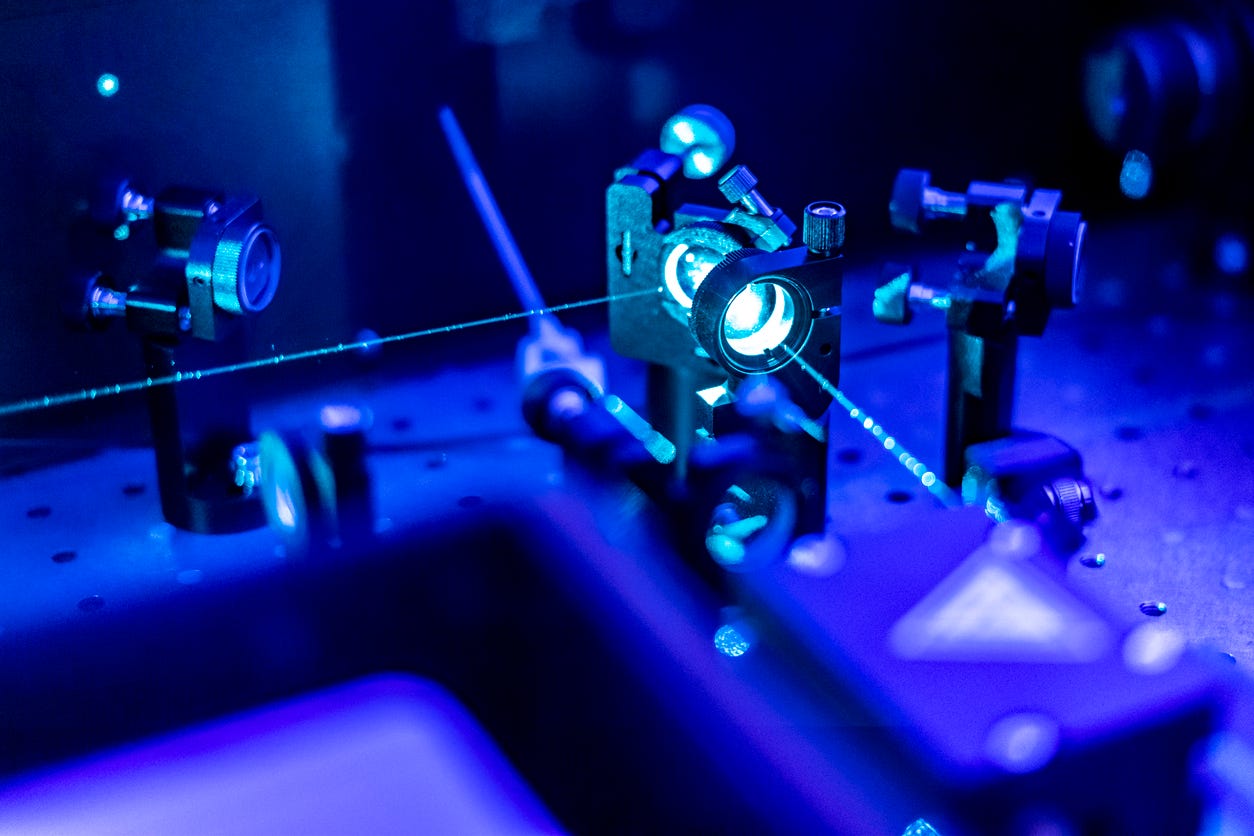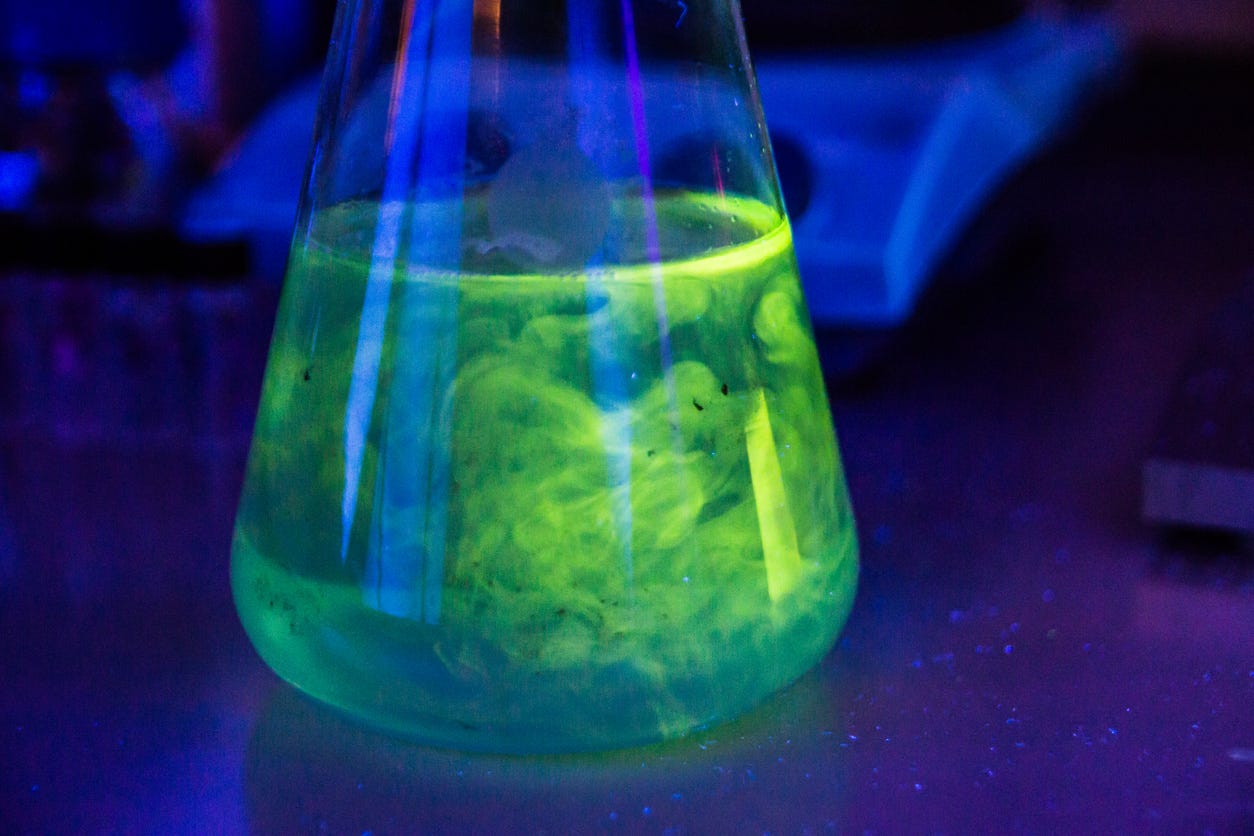Member-only story
Glass, The Substance of Science
What makes glass so important to science?

Many of the most important scientific theories that exist today were made possible by glass. Modern medicine owes its existence largely to the invention of the microscope. Telescopes played a crucial role in the development of astronomy, and it is hard to see how modern chemistry could have evolved without the ability to study chemical reactions in a glass vessel. Observing a chemical reaction from above a pot of boiling liquid isn’t a good idea. You need to be able to observe chemical reactions without breathing in poisonous fumes or getting steam in your face.

Astronomy as a science is essential for several reasons. It played a crucial role in the development of nautical sciences, such as how to navigate by the moon, sun, planets, and sun (celestial navigation). Perhaps an even more important reason is that it allowed the development of the theory of gravity by Sir Isaac Newton. The theory of gravity brought forth a revolutionary new idea: Local events on our planet, such as an apple falling to the ground, happens for the same reason that planets and moons move in orbits. Newton was able to connect phenomena that look very different and happen at very different scale. Nobody had done that kind of connection before. That is the essence of science. Scientific theories have a way of connecting numerous phenomena which look entirely unrelated to the untrained eye and unify them into a single theory. Scottish physicist James Clerk Maxwell for instance connected electricity, magnetism, and light into one theory.
Let us not get carried away about scientific theories. The point is that a single innovation can have a long series of knock-on effects. Let us start at the beginning.

Glassmakers in Venice and Florence began grinding and polishing glass to make lenses for spectacles in the mid 13th century. They could not have imagined that their trade would spread to the Netherlands through trade…
